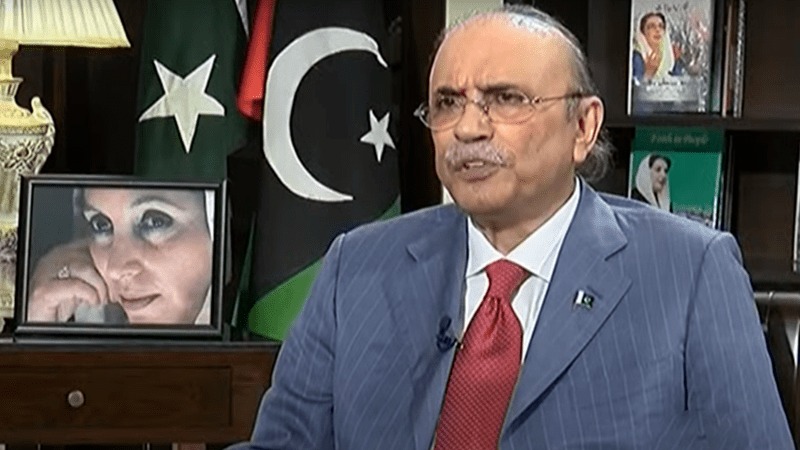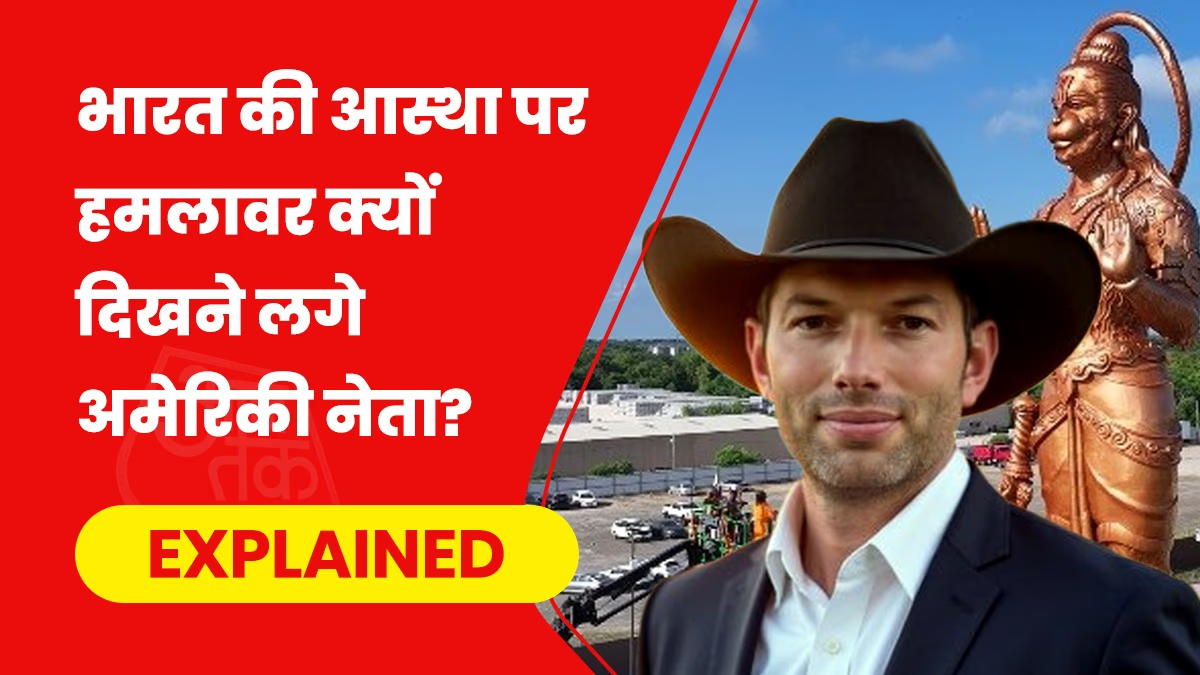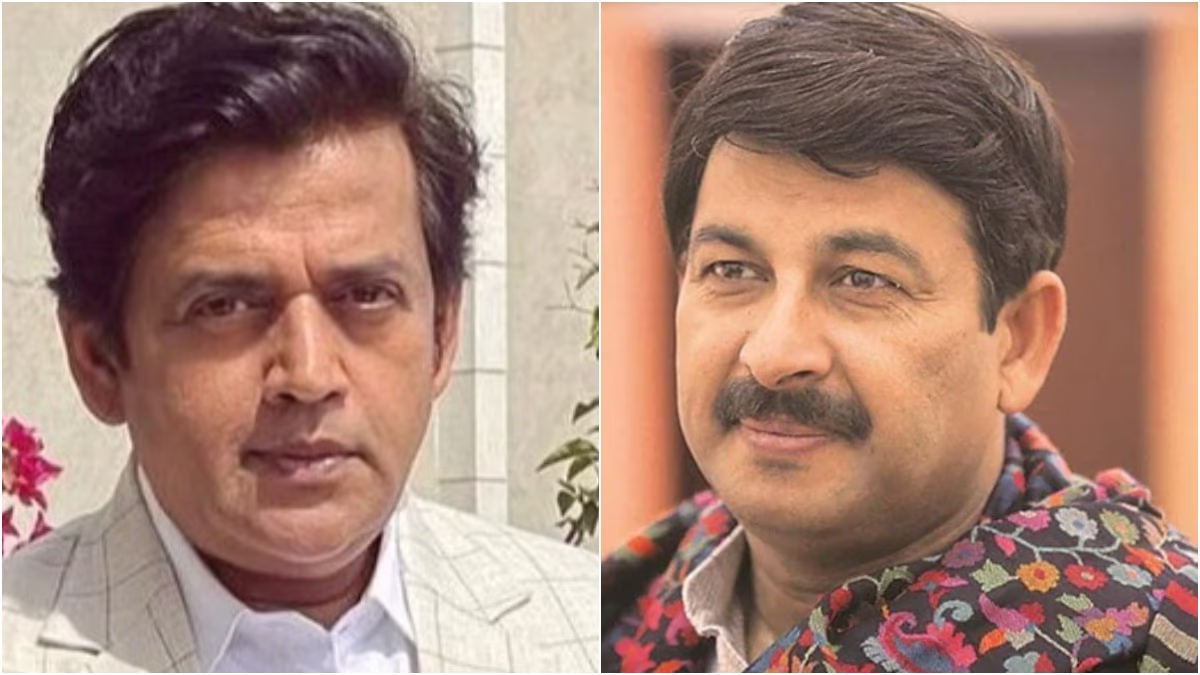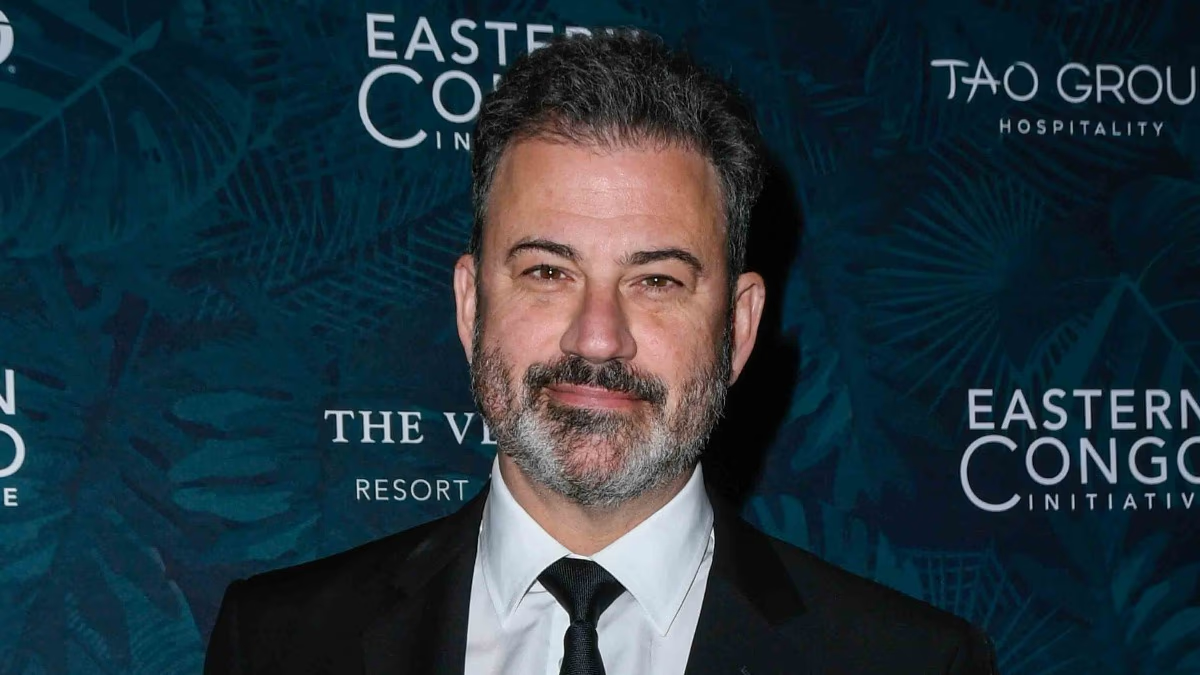Senior leader of Pakistan People's Party (PPP), Asif Ali Zardari, is preparing to once again hold the office of President of Pakistan. Presidential elections scheduled for March 9 seem to signal a win for Zardari. It is an opportunity to delve into the history of Zardari, who has links to the Bhutto family and was known in Pakistan's media as 'Mr. Ten Percent'.
Asif Ali Zardari was born in 1955 in Sindh and was educated in Karachi. He initially had a playboy image, but his political journey began in 1983. During that time, he ran for the District Council of Nawabshah but faced defeat. After this crushing loss, he quickly bid farewell to politics.
Marriage to Benazir Bhutto: Life's Turning Point
The year 1987 marked a pivotal change when Zardari married Benazir Bhutto, who was then a popular opposition figure in Pakistan and became Prime Minister the following year. While Benazir was well-known, Zardari was relatively unknown. However, his desire for power was immense. Initially taking control of the Environment Ministry, he gradually started leading other ministries. This is also when his involvement in corrupt activities began to surface. It was said that Zardari demanded a 'ten percent commission' for approval of any projects with the Benazir government. He soon became implicated in various scandals regarding government affairs and thus earned the moniker 'Mr. 10 Percent' in Pakistani politics.
'When Newspapers Headlined Mr. Ten Percent Becomes President'
Asif Ali Zardari became President of Pakistan in 2008. During his term, the media frequently highlighted his demands for a ten percent commission for sanctioning government projects.
Asif Ali Zardari Spent 12 Years Behind Bars
Facing charges ranging from corruption to kidnapping and bank fraud, Zardari was first jailed in 1990 and then again in 1996, spending around 12 years in prison. Held on corruption and murder charges from 1997 to 2004, he was released on bail in November 2004. He was rearrested for failing to appear in a murder trial. Zardari was also found guilty of taking bribes in a case related to a Swiss company. It is worth noting that Zardari faced legal battles not only in Pakistan but also in several other countries including Britain and Spain.
The elections held in Pakistan on February 8, followed by nearly a month of political instability, saw Shehbaz Sharif being sworn in as Prime Minister for the second time.




